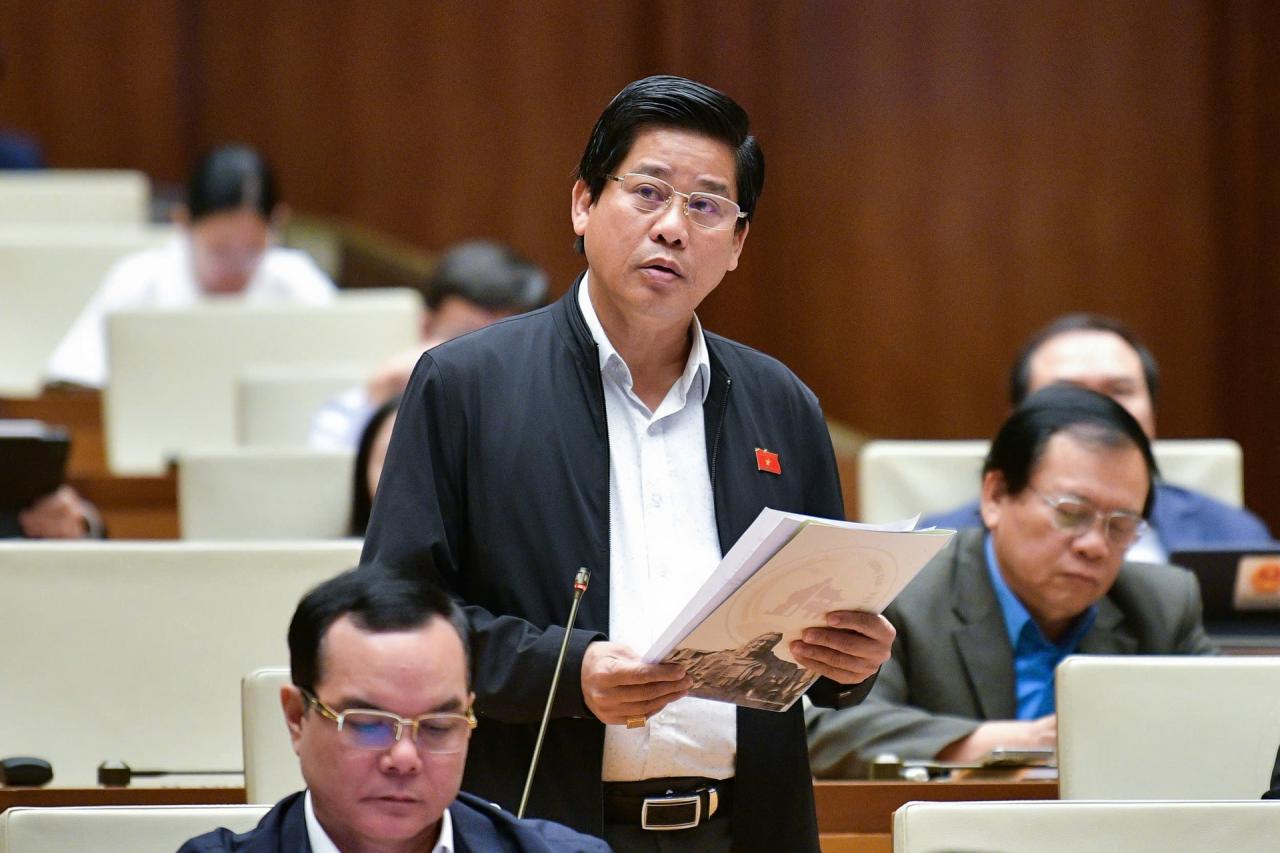
Specifically, at Point a, Clause 2, Article 8 of the draft Law on Corporate Income Tax (amended), regarding the time of determining revenue, delegate Duong Van Phuoc requested the drafting committee to clarify the time of transferring legal ownership of the right to use goods to the buyer based on what basis, according to the contract or according to the provisions of law; on what basis is the time of completion of service provision or the time of issuing service provision invoices applied?
At Point a, Clause 1, Article 9 of the draft law, delegate Duong Van Phuoc requested the drafting committee to consider and supplement the deductible expenses for corporate income tax for support expenses outside of the site clearance plan approved by competent authorities.
Because, according to the delegate, this cost is currently a very large expense for projects with land acquisition. The lack of corporate income tax deduction invisibly pushes up the cost of real estate, and is also consistent with the provisions of the 2024 Land Law for projects that are not subject to land acquisition by the State.
According to delegate Duong Van Phuoc, at Point m, Clause 2, Article 9 of the draft law stipulates that the non-deductible expenses when determining taxable income are "Expenses not corresponding to taxable revenue". In reality, there are situations where enterprises spend money to prepare for investment or have invested in a business project. However, due to objective reasons, the project is at risk and the enterprise has no revenue from that project.
In such cases, tax authorities rely on the regulation of "expenditures not corresponding to taxable revenue" to eliminate investment preparation costs and invested costs of risky projects, which is unreasonable and negatively affects the investment motivation of enterprises.
The risk of no revenue is something that businesses do not want, but it is an inevitable part of business investment activities. If deductible expenses are not allowed in this case, businesses will hesitate to expand production and business activities, deploy investment in new high-risk projects, venture capital projects, new business models or innovative activities.
Meanwhile, these are the fields and activities that bring growth momentum to Vietnam in the coming period. Therefore, the delegate suggested that the drafting committee study and consider adding additional costs related to investment preparation and investment in new projects but facing objective risks leading to no revenue to the list of deductible expenses when determining corporate income tax obligations.
According to the National Assembly 's law-making program, the draft amendment to the Law on Corporate Income Tax will be passed at the 9th Session taking place in May 2025 and will take effect from January 1, 2026.
Source: https://baoquangnam.vn/dai-bieu-quoc-hoi-tinh-quang-nam-thao-luan-du-thao-luat-thue-thu-nhap-doanh-nghiep-sua-doi-3145003.html










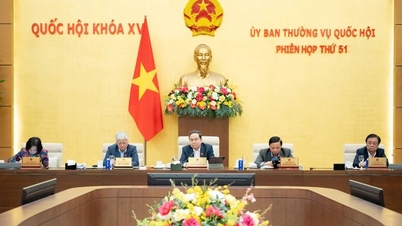

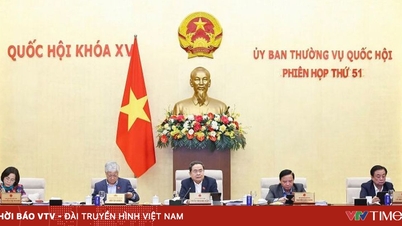

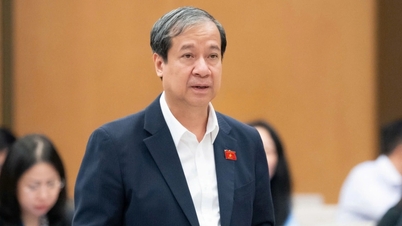


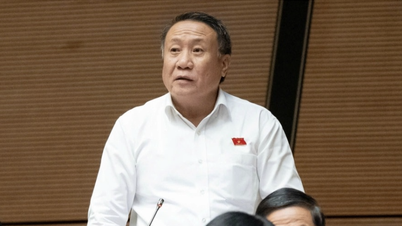















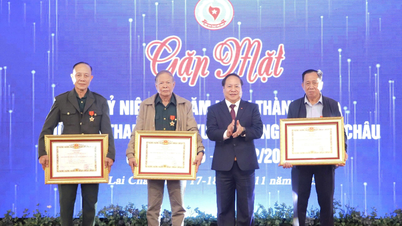




![[Photo] General Secretary To Lam and National Assembly Chairman Tran Thanh Man attend the 80th Anniversary of the Traditional Day of the Vietnamese Inspection Sector](https://vphoto.vietnam.vn/thumb/1200x675/vietnam/resource/IMAGE/2025/11/17/1763356362984_a2-bnd-7940-3561-jpg.webp)








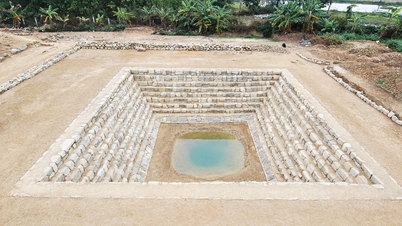



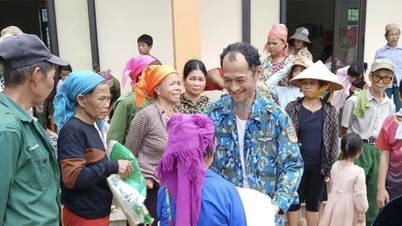






























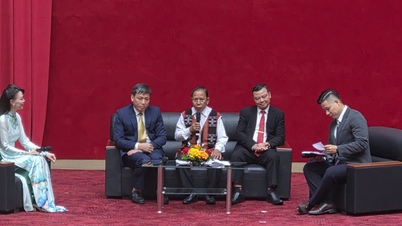
































Comment (0)